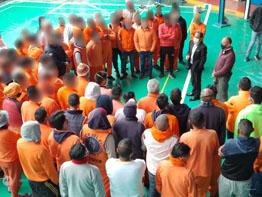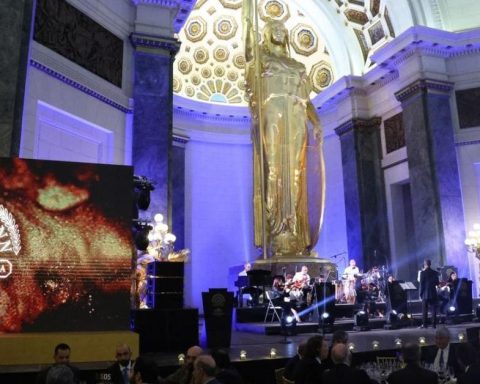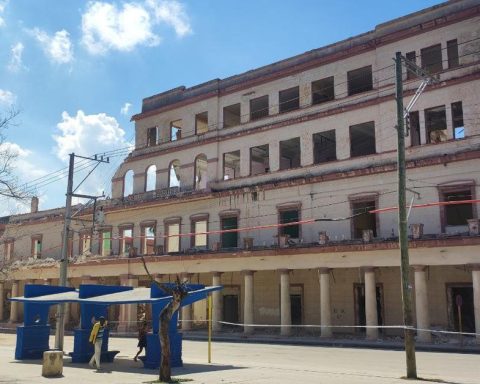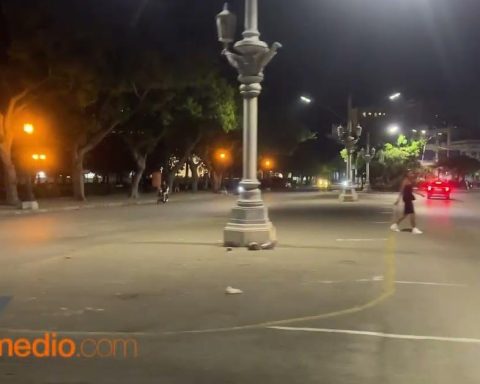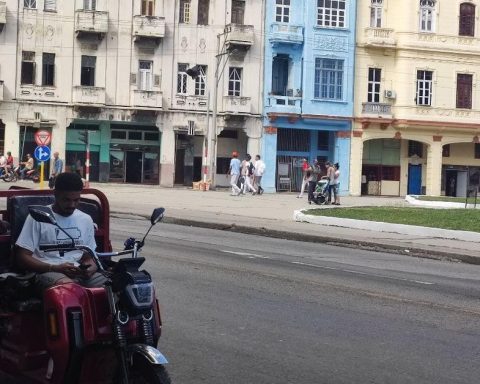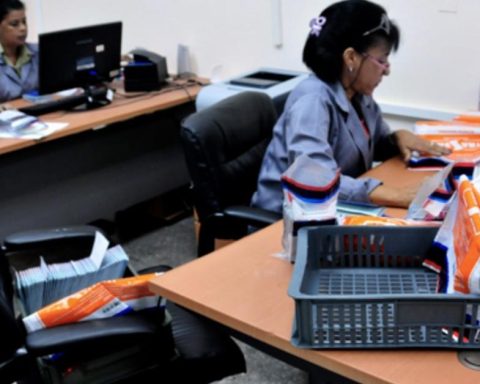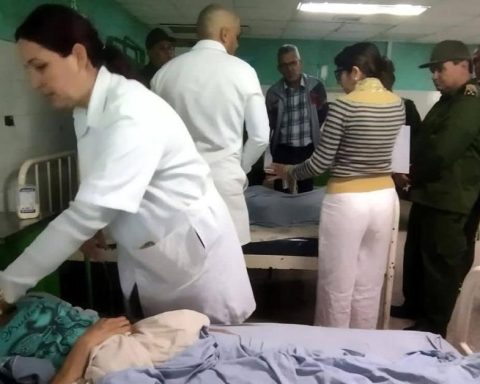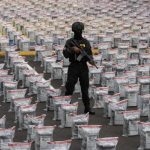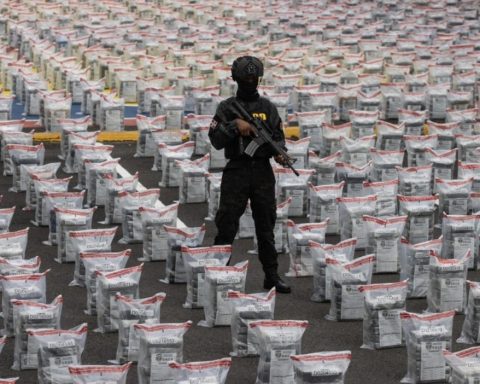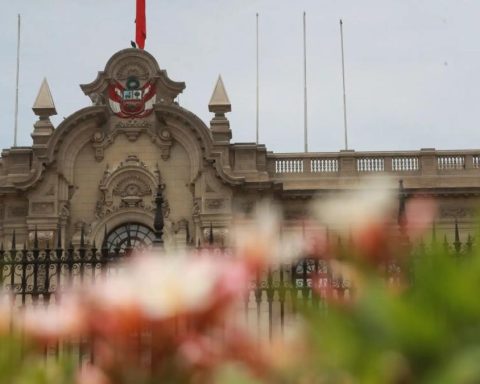Only in the Guayas regional prison has the use of two of these devices been verified.
After two months of work, the Penitentiary Dialogue and Pacification Commission held a press conference in Guayaquil to point out the progress and recommendations they have to prevent new prison massacres and eradicate the growing violence.
The Commission, made up of representatives of civil society, the Church, academia, and national and international experts on human rights issues, has visited nine prisons; among these, the Regional and the Penitentiary in Guayaquil, considered the most dangerous in the country and where the main massacres have occurred that, in 2021, left more than 300 people deprived of their liberty died.
Reducing violence is not a truce
Nelsa Curbelo, a member of the Commission, said that in the two months there has been a decrease in violencebut that this cannot be understood as a truce inside, where “no one trusts anyone” and where there is a great power struggle that has moved to the streets.
Curbelo, before giving a deeper x-ray of what they have identified, said: “we are not going to eradicate violent deaths and cruelty; that will not be possible in such a short time”.
For that – the Commission explained – an agreement between the different actors that make up these gangs is required.
“The confrontations are on a knife edge,” warned Cubelo, who is concerned that, despite the work with administrative officials, prison guides, with prisoners and with leaders of criminal gangs, the entry of weapons does not stop. “We saw weapons and not just any weapon,” he stressed.
Guns keep coming
Machine guns, dynamite and more continue to enter the country’s prisons. The Commission stressed that control is difficult because the scanners are damaged.
The ones that are used are two cargo scanners (similar to those at airports), in the Guayas Regional Prison; $3 million was paid for each.
And although there is sophisticated technology, Curbelo points out that there is corruption among those who can enter these centers.
Regarding investment plans, the National Service for Comprehensive Care for Adults Deprived of Liberty and Adolescent Offenders of Ecuador (SNAI) has remained silent. LA HORA has requested an interview since November 2021. The last response given by the SNAI was that all spokespersons will be held after the February 14thbecause they are focused on activities by their third anniversary.
Budget not executed
Information from the Ministry of Finance shows that in 2021, SNAI received $87,996,313; The item includes $8,829,352.00 to address the prison crisis that generated four states of emergency; on December 28, 2021 this status ended.
of the item received, $41,559,325 has been allocated to the payment of personnel and $34,090,278 in goods and services for investment; the extra item for emergencies is contemplated there, although the Commission states that there are scanners without functionality.
The SNAI has not disclosed what improvements were made in the prisons where there are infrastructure problems and even water supply problems.
Infrastructure of ‘La Roca’ is rehabilitated
The Commission indicated that the beginning of rehabilitation has been verified in the facilities of the former prison of Guayas ‘La Roca’:
The Commission recommends not relocating prisoners at this time, when a complete truce has not been reached, to avoid conflicts between pavilions.
In November 2021, Fausto Cobo, then director in charge of the SNAIpointed out that the Zonal 8 Deprivation of Liberty Center, called ‘The rock‘, is being subjected to adaptations for the transfer of the most dangerous inmates.
“Lower part of ‘ is enabledThe rock‘ where 100 people could be located,” he mentioned. (AVV)
“We saw weapons and not just any weapon. Weapons don’t have legs, someone carries them “: Nelsa Curbelo, member of the Penitentiary Dialogue and Pacification Commission.
“The reality of the country’s prisons is that there is a power struggle (…) no one trusts others internally”, Nelsa Curbelo, member of the Penitentiary Dialogue and Pacification Commission.
‘Comisión de Diálogo Penitenciario y Pacificación’ se creó el 16 de diciembre de 2022.
